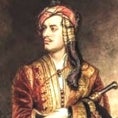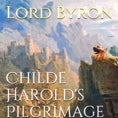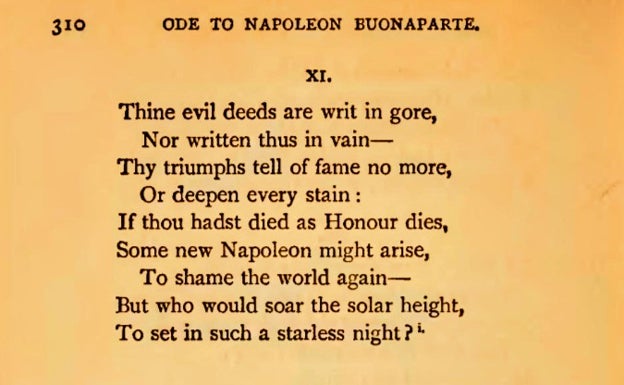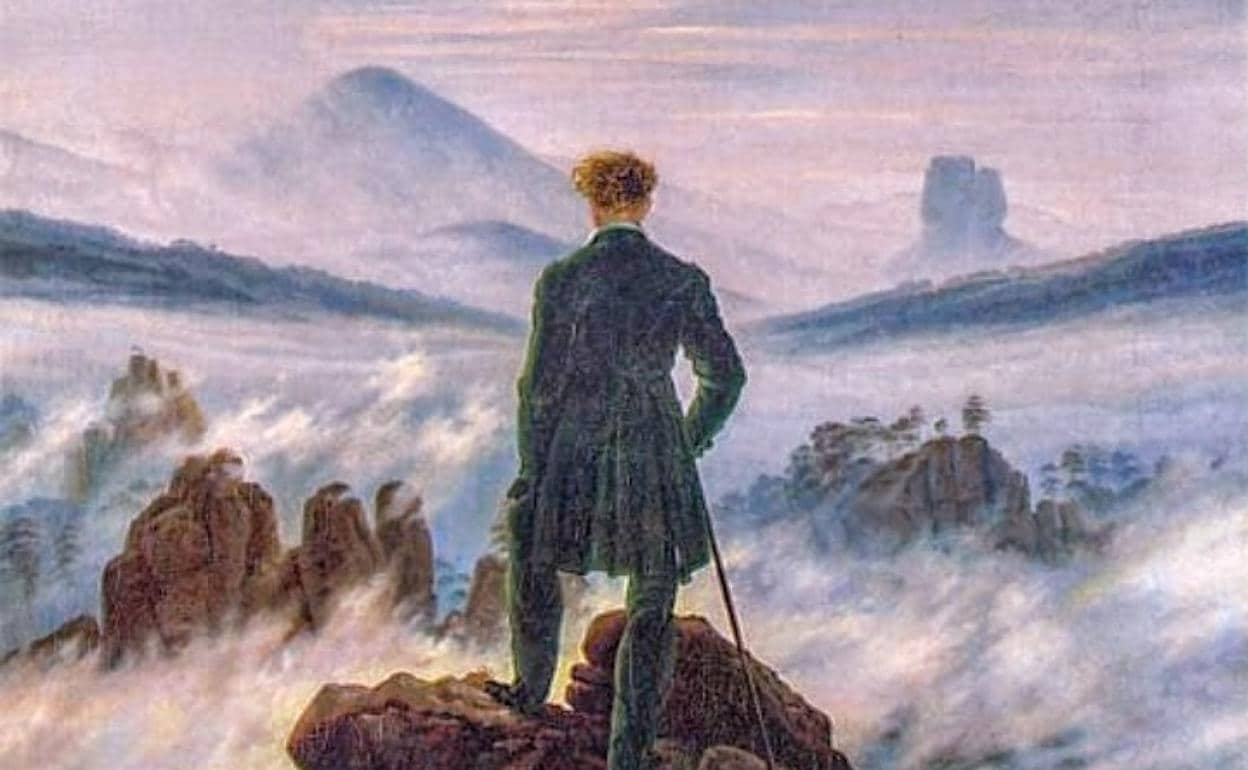Lord Byron: 'Some new Napoleon might arise/To shame the world again...'
21 March - world poetry day ·
More than 200 years have passed since Byron wrote his poem Childe Harold's Pilgrimage, after visiting Andalucía that was in war and peaceALEKK M. SAANDERS
Monday, 21 March 2022, 17:41
Twenty-one-year-old Lord Byron arrived in Andalucía in 1809, when Spain had been invaded by the French army of Napoleon Bonaparte.
Since childhood, Napoleon had been Byron's idol, who in that period, represented something new and different.
Napoleon's different view on the world fascinated the young Byron. It was of no consequence to him that his favourite politician was from France, Britain's greatest enemy, and that he appeared from practically nowhere, but eventually became an emperor, exercising absolute power and declaring wars.
The trip in war for peace
On 16 February 1808, under the pretext of sending reinforcements to the Napoleon army occupying Portugal, the French invaded Spain. Thanks to a British expeditionary force under the Duke of Wellington, the French army had been expelled from Portugal by middle of 1809. The Spanish-English military alliance lacked the necessary cohesion, however, but Spaniards were setting up 'juntas' to combat French control, trying to stop the still strong French army.
In July 1809, Lord Byron sailed from Falmouth to Lisbon and from there went to Seville which was the seat of the Spanish government with the Central Junta established in the Reales Alcázares.
Three days later, Byron moved to Cadiz, with a stop in Jerez de la Frontera to taste sherry. In his letters, Byron described Cadiz as "the nice and clean town", and Seville was defined as "a fine city", mentioning pretty local women and orange trees.

In Andalucía Lord Byron saw how badly the Napoleonic wars affected ordinary people. The French invasion was defined by the poet as an affront
During this war period, the English poet managed to appreciate the beauty of the Andalusian landscapes and the temperament of local people.
Moreover, Byron was able to realise how badly the Napoleonic wars affected ordinary people. The French invasion was defined by the poet as an affront. He couldn't help giving impulsive and quite provocative comments, though still contradictory ones.
Byron was apparently attracted by war, but at the same time disgusted by it. In any case, being in Andalucía and overwhelmed by emotions, the poet started fearing the triumph of Napoleon's army.
Childe Harold's Pilgrimage
Basing mainly on his travel experiences to Andalucía, Byron wrote Childe Harold's Pilgrimage. This long narrative poem, published in March 1812, made the English poet famous in one day.
The title comes from the term 'childe', a medieval name for a young man preparing for knighthood. The main character of the poem, the youthful Harold, was fed up with he pleasures of the world and reckless life, and decided to wander about Europe.
The story was almost autobiographic because Byron himself fell into melancholic reverie and needed an escape from the realities of life. His generation, experiencing the wars of the Napoleonic eras, also felt disillusionment and went in search a shelter in scenes of natural beauty.

Byron's generation, experiencing the wars of the Napoleonic eras, felt disillusionment and went in search a shelter in scenes of natural beauty
The self-exiled Romantic personality of Harald is considered an example of the so-called Byronic hero, described by British historian and critic Lord Macaulay as “a man proud, moody, cynical, with defiance on his brow, and misery in his heart, a scorner of his kind, implacable in revenge, yet capable of deep and strong affection”.

The Ode to Napoleon Buonaparte
Byron's affection for the French leader disappeared in the end. After Napoleon had signed the Treaty of Fontainebleau that ended his role as an emperor in France, he was sent into exile in Elba. In that moment, Byron wrote the poem, The Ode to Napoleon Buonaparte.
The Ode to Napoleon Buonaparte was composed to discredit the Napoleon's military conquests. In the poem the poet prophesied that mankind might have more Napoleons in the future
This poem was composed to discredit the Napoleon's military conquests. The poet shamed his idol, and not only for his war efforts. Byron ironically mocked Napoleon for his sudden and extreme fall from grace.
In the opening lines of the poem, Napoleon is compared by Byron to a king and called "a man of thousand thrones", but in the end, he is likened to an evil whose victories meant nothing, just shame. The poet also prophesied that mankind might have more Napoleons in the future by writing:
Some new Napoleon might arise,
To shame the world again -
But who would soar the solar height,
To set in such a starless night?


Comentar es una ventaja exclusiva para registrados
¿Ya eres registrado?
Inicia sesiónNecesitas ser suscriptor para poder votar.